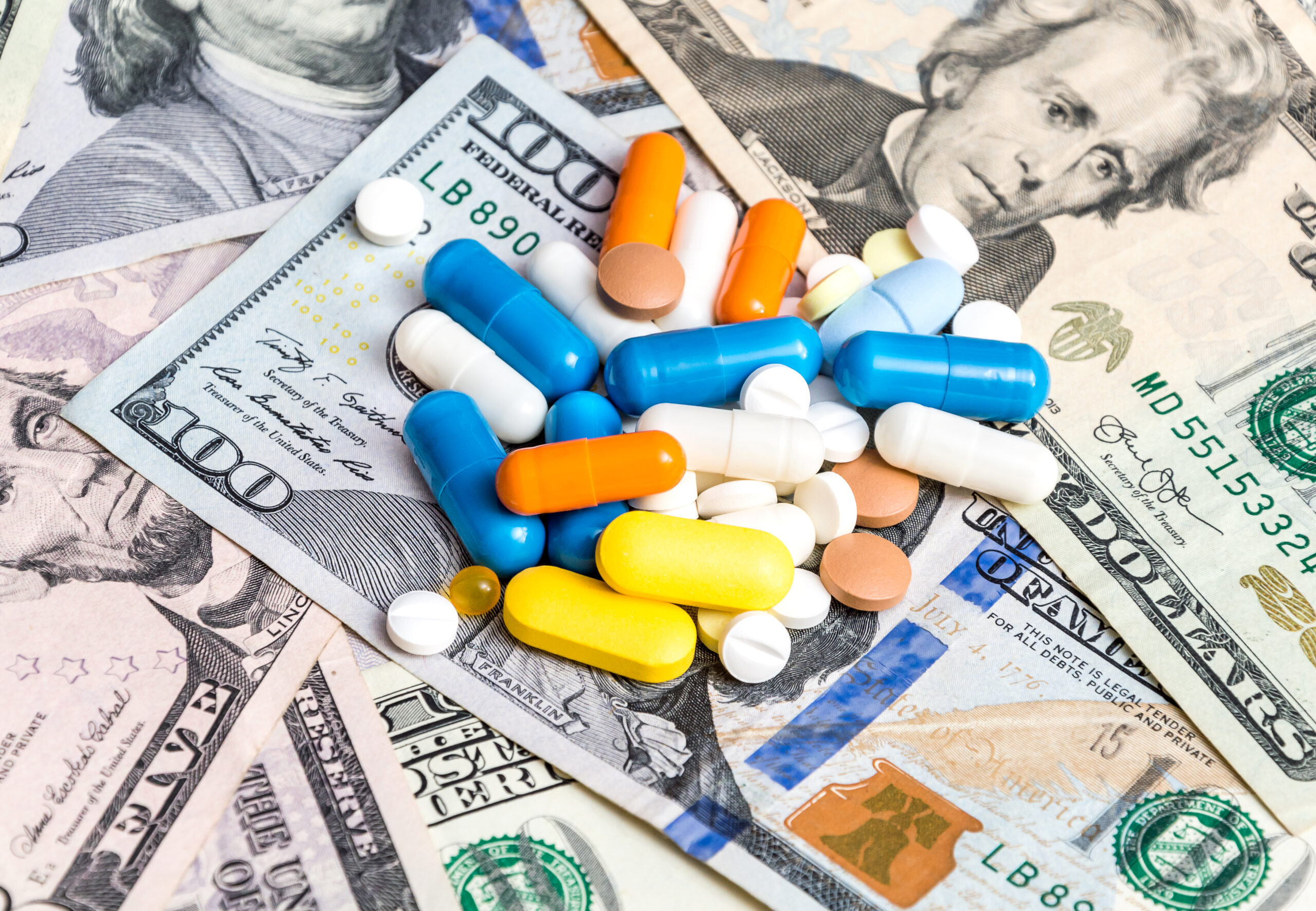© 2024 CSRXP- All Rights Reserved

THEY SAID IT! FINANCE COMMITTEE HIGHLIGHTS URGENCY TO HOLD BIG PHARMA ACCOUNTABLE FOR PRICE HIKES AND ANTI-COMPETITIVE BEHAVIOR
Mar 17, 2022
Lawmakers Double-Down on Repeated Promises to the American People to Lower Prescription Drug Prices and Crack Down on Brand Name Drug Companies
During a hearing Wednesday before the U.S. Senate Committee on Finance, lawmakers on both sides of the aisle emphasized the need for urgent action to lower prescription drug prices by holding Big Pharma accountable for the industry’s anti-competitive tactics and egregious pricing practices.
The hearing will help reestablish momentum behind market-based solutions to stop Big Pharma from gaming the system to set egregious launch price, repeatedly hike prices far above the rate of inflation and undermine competition from more affordable alternatives — while millions of Americans face financial uncertainty affording their medications.
Here is what lawmakers had to say:
Senate Finance Committee Chairman Ron Wyden (D-OR): “Big Pharma has the right to set whatever prices they like and expect Medicare to pay them… Americans see this infuriating price gouging and it’s clear that Big Pharma is treating Medicare like they have cracked an ATM… The American people have waited too long for action. This has been the longest battle since the Trojan war. And the country has heard and told us what this is all about. It’s time for action… We [should] also create tough new price gouging penalties for drug companies that raise prices faster than inflation, and there were a lot of companies that did that earlier this year.”
“Most of the so-called new drugs, released at higher and higher prices, are actually older drugs but they’ve just been repackaged in new ways. A relatively minor tweak to an old drug, say a new syringe or change in dosage, just keeps the profits rolling.”
Senator John Cornyn (R-TX): “I think there are things we could do that would enhance the competitive nature of the generic drug market if we could just beat back some of the gamesmanship when it comes to the patent system. Senator Wyden mentioned Humira, which has to my knowledge, more than 120 different patents designed to become what’s known as a patent thicket. That makes it less likely that generic companies that can compete with that drug, as they do, for example, in Europe, to the benefit of consumers.”
Senator Debbie Stabenow (D-MI): “According to AARP, over the past 15 years, the price of the most common brand-name drugs has risen 300 percent. Yeah, we’re not talking about inflation. We’re talking about way beyond what would be considered inflation. Just since January, drug companies have increased the prices of nearly 800 different drugs. This is devastating for the financial and physical health of American families, especially our seniors.”
Senator James Lankford (R-OK): “This is obviously an exceptionally important topic – what we’re going to do on drug pricing. This does affect a lot of people. I’m the primary caretaker for my mom who has Parkinson’s and has exceptionally expensive medications. All of us have stories of our families and of individuals around us that are in the process on this.”
Senator Maggie Hassan (D-NH): “We need to penalize drug companies that arbitrarily make large price increases and Congress needs to act quickly to pass drug pricing reforms. Patients and families can’t wait any longer.”
Senator Ben Cardin (D-MD): “We hear the argument on innovation and take a look at the amount of funds that go into research in this country to develop new drugs. The federal government is one of the largest providers of research dollars – over $40 billion a year. The pharmaceutical industry makes its own judgments and spends more on advertising than on research. So, I just don’t get the argument. If a consumer cannot get access to a drug because of its price, they can’t afford it and aren’t getting the benefits of innovation.”
Several of the Committee’s witnesses outlined why lawmakers must take action to crack down on Big Pharma’s egregious practices and shared personal stories about the impact of out-of-control prescription drug prices:
Rena M. Conti, Ph.D., Associate Professor, Department Of Markets, Public Policy And Law, Questrom School Of Business:“Pharmaceutical companies strongly prefer to launch new drugs in the U.S. where they fetch the highest prices, yet inflated prices on existing drugs simply pad corporate balance sheets. They do not relate to better health.”
Steffany Stern, M.P.P., Vice President, Advocacy, National Multiple Sclerosis Society: “40 percent of people with MS, surveyed by the MS Society, alter the use of their disease modifying therapies – which we call DMTs – due to costs, including stopping, skipping or delaying their treatment.”
Steffany Stern, M.P.P., Vice President, Advocacy, National Multiple Sclerosis Society: “The first medication my mom took in the mid-1990s was priced at $11,000. Today, the price of that same DMT is over $111,000. Her current medication has a list price of nearly $104,000 per year. This medication’s price has increased 5.7 percent in the last year and 35 percent over the last five years.”
Read more about Big Pharma’s January price hikes and egregious pricing practices HERE.
Read more on why Big Pharma’s bogus rhetoric on innovation doesn’t hold up to scrutiny HERE.
Read more about American voters’ overwhelming support for solutions to hold Big Pharma accountable HERE.
Learn more about market-based solutions to hold Big Pharma accountable and lower drug prices HERE.
